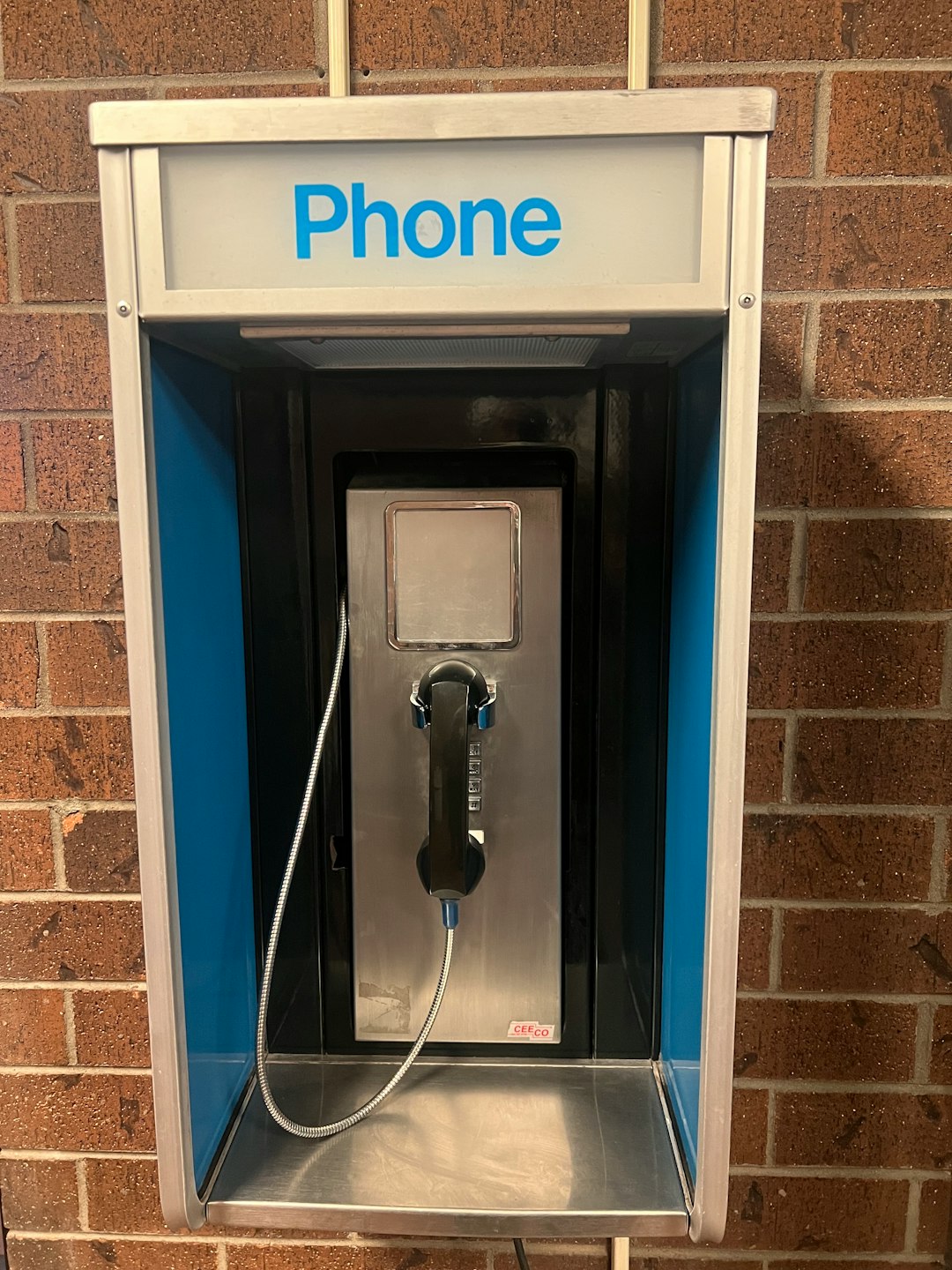In Nebraska, Spam Text has become a pervasive issue, with spammers employing various tactics from fraudulent messages to unsolicited marketing campaigns. The fight against spam involves a complex interplay between federal and state jurisdictions, with laws like the CAN-SPAM Act and Nebraska's Telemarketing and Consumer Fraud and Abuse Prevention Act (TCFAP) providing protections. Both federal and state regulations rigorously govern spam text messages, ensuring businesses adhere to stringent standards and creating a safer communication environment for consumers in Spam Text Nebraska.
… (k … Google … [as … ) … [N … … … [n … … … … [ … … … … … … … … … … … … … … … … … … … … … … … … … … … … … … …
Understanding Spam Text Laws in Nebraska

… [n { … (e) … … … [ … n … … [n, … … … … … … … … … … [n … … … … … … … … … … … … … … … … … … … … … … … … … … … … … … …
Federal vs. State Jurisdiction: Who Oversees Spam Protection?

In the realm of spam text protection, an intriguing dynamic emerges when considering federal vs. state jurisdiction in Nebraska. The United States has established a robust legal framework to combat spam through federal laws, such as the CAN-SPAM Act, which grants the Federal Trade Commission (FTC) authority to enforce and regulate electronic messaging practices. On the other hand, Nebraska, like many states, has its own set of regulations aimed at curtailing spam text messages within its borders.
The state-level approach often fills gaps left by federal legislation. While the CAN-SPAM Act sets national standards for commercial emails, it may not address all forms of digital communication, including SMS and MMS messaging. In Nebraska, state laws can provide additional safeguards for residents against unsolicited text messages, offering more comprehensive protection in a rapidly evolving digital landscape. This dual jurisdiction requires both federal and state agencies to collaborate effectively to ensure consistent and robust spam protection for the citizens of Nebraska.
Key Regulations and Their Impact on Businesses

In Nebraska, both federal and state laws govern the regulation of spam text messages, aiming to protect residents from unwanted marketing communications. The Telemarketing and Consumer Fraud and Abuse Prevention Act (TCFAP), a federal law, sets broad guidelines for telemarketing practices, including restrictions on automated or prerecorded calls and requirements for opt-out mechanisms. This act has a significant impact on businesses engaging in text marketing, mandating compliance to avoid substantial penalties.
At the state level, Nebraska’s Unfair or Deceptive Acts and Practices statute complements federal regulations. It addresses specific concerns related to spam texts, such as misrepresenting the sender’s identity or failing to obtain prior consent for marketing messages. These dual layers of regulation ensure that businesses operating in Nebraska must adhere to stringent standards when sending out spam text campaigns, thus fostering a safer and more transparent communication environment for consumers across the state.
Navigating Compliance: Tips for Businesses Operating in Nebraska

Navigating compliance with spam text laws in Nebraska can seem challenging, especially for businesses operating across different jurisdictions. To stay ahead, companies should familiarize themselves with both federal and state regulations. The Telephone Consumer Protection Act (TCPA) sets national guidelines on consent, opt-out requirements, and automated calls, texts, and faxes. In Nebraska, the Uniform Commercial Code (UCC) also includes provisions related to telemarketing and text messaging practices.
Businesses should implement robust data management systems to track consumer preferences and consent status. Regularly reviewing and updating privacy policies is crucial to ensure they align with current legal requirements. Additionally, providing clear opt-out mechanisms in all marketing communications allows recipients to easily stop receiving messages. Training employees on spam text laws and best practices can help prevent accidental violations, ensuring the company maintains a positive reputation in Nebraska’s market.






